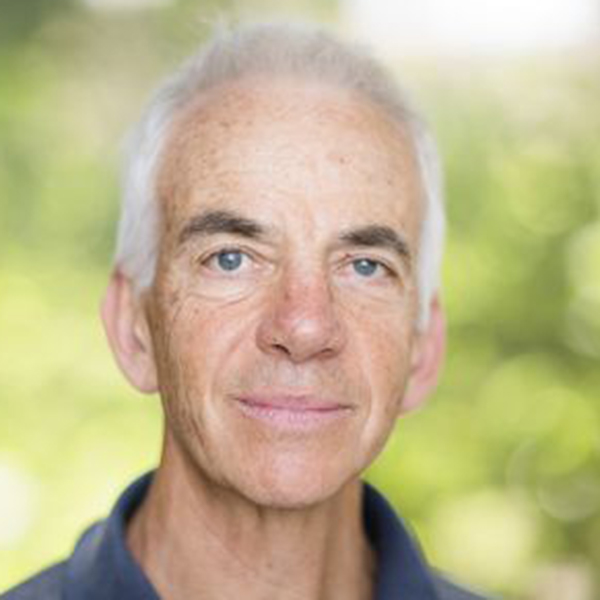
Australia Day Honours for Professor Tony Guttmann
For a lifetime of significant service to Australia's mathematical sciences, Emeritus Professor Anthony (Tony) Guttmann was named a Member of the Order of Australia (AM) on Australia Day 2020.
Tony is a Distinguished Associate Investigator and Governance Advisory Board member with ACEMS. From 1988-2017 he was Professor of Mathematics at the University of Melbourne. During that time, he had appointments as Head of Department, Deputy Dean of Science, and President of the Australian Mathematical Society.
In 2002, Tony was one of a small group of people who put together the successful Strategic Technology and Innovation Grant application to the Victorian Government that established the Australian Mathematical Sciences Institute (AMSI). In various capacities, but most notably as a Board member, Tony has contributed largely to AMSI’s development over the years.
In 2003, Tony led the effort to create the first-ever Australian Research Council Centre of Excellence in the mathematical sciences. The ARC Centre of Excellence for the Mathematics and Statistics of Complex Systems (MASCOS) brought together experts in theoretical statistics, stochastic processes, dynamical systems and mathematical physics.
ACEMS Director Peter Taylor, past ACEMS Director Peter Hall and Chief Investigator Phil Pollett were Chief Investigators with MASCOS.
“MASCOS broke new ground in the Australian research landscape, something that was in no small measure due to Tony's leadership,” says Peter.
Tony has been very active with ACEMS as a member of the Centre's Governance Advisory Board and contributed to the Centre's research. He is Chair of the Board for MATRIX, Australia’s residential research institute in the mathematical sciences.
Tony is internationally renowned for his outstanding research contributions to computational applied mathematics. His research is in mathematical studies of critical phenomena, emphasising numerical and combinatorial problems that arise in modelling phase transitions.
Peter says one of the most critical contributions Tony has made has been as a mentor.
“Tony is a natural in all aspects of this, from identifying talented individuals at a young age, to one-on-one guidance and advice, to introducing young academics to research communities that can help their careers, to keeping an eye out for opportunities and letting young academics know when they arise. Tony has had a hugely positive effect on the careers of a large number of people in one or more of these aspects, among whom I count myself,” says Peter.
His impact and leadership have also led to Tony being named a Fellow of:
- Australian Academy of Science
- Australian Academy of Technology and Engineering
- Australian Mathematical Society
- Society of Industrial and Applied Mathematics
Congratulations, Tony – and thank you for your service to ACEMS, and the mathematical sciences in Australia!

Professor Tony Guttmann